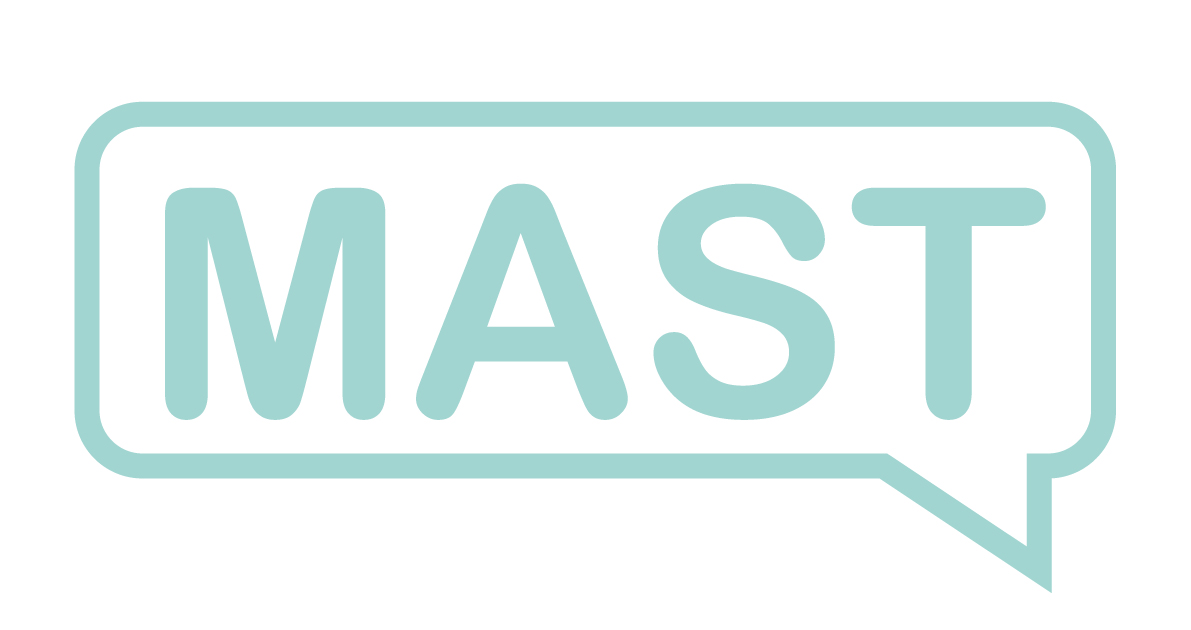SERVICES OFFERED BY MAST

CHILDREN AND YOUNG PEOPLE
MAST offer therapeutic interventions based on core conditions of unconditional positive regard, empathy and congruence. We believe that trusting relationships built on a compassionate and caring approach which are client led are crucial to facilitating change.
Our Schools Mental Health Specialists are trained Counsellors and adhere to BACP ethical guidelines, including engagement in monthly supervision. They work onsite in school settings, arranging sessions flexibly to fit with the individual school day, to provide:
- One-to-one therapeutic sessions drawing upon integrative counselling and trauma-informed practices. These include the use of creative mediums to engage children and young people in a self-directed process, which addresses mental health concerns of a moderate nature and medium level duration.
- Group based interventions to raise awareness of mental health, promote self-esteem and address anxiety.
- Staff support and consultation to complement a graduated response to children and young people with SEMH and/or attachment needs.
STAFF
Counselling
MAST offers counselling to staff members which is based on the core conditions of person centred counselling, but draws integratively on other therapy models based on client presentation. School Mental Health Specialists are trained Counsellors and adhere to BACP ethical guidelines, including engagement in monthly supervision.
Counselling sessions are based in the MAST offices sited at Maltby Academy.
Supervision
Clinical supervision is important for all practitioners and professionals who are working one-to-one with children, young people or adults and/or have direct responsibility for the welfare of staff within an organisation. As awareness increases about the impact of adverse childhood experiences (ACE’s), including the potentially lifelong impact, it is more important than ever that staff who engage with children who have experienced trauma, are protected from the experience of vicarious trauma.
Supervision offers a safe, non-judgemental and reflective space within which professionals can give an account of their work, develop their skills and practice, safeguard good standards of work-related activity and have their own emotions recognised. Clinical supervision also links to good governance; it reflects organisational culture and ethos, promotes emotional wellbeing, reduces workplace stress and is conducive to staff retention.
- Supervision is not counselling – it is different to personal therapy and not about resolving personal issues.
- Supervision is not line management – it is not performance management and not concerned with expectations in terms of daily workload or the setting and achievement of KPI’s.
Proctor’s 3 Function Interactive Model provides a framework for supervision which takes account of organisational needs, ‘client’ needs and supervisee needs:
- Formative (Learning): Developing skills and abilities
- Restorative (Support): Emotional coping skills in response to stresses of job (not counselling!)
- Normative (Accountability): Maintaining safety and effectiveness of work
Style of supervision may differ according to the individual; a facilitative style which is question based, encourages reflection (Lewis-Kolb reflection cycle), and incorporates a solution focussed approach may predominate, but variously, a prescriptive, confrontative or descriptive approach may be employed within the safety of the supervision session in order to present necessary challenge and optimise self-awareness. Irrespective of style, supervision aims to increase levels of motivation, autonomy and self-awareness (Stoltenberg and Delworth) as well as emotional resilience and positive wellbeing.
TRAINING AND WORKFORCE DEVELOPMENT
The Mental Health of Children and Young People in England follow up survey in 2020 suggested that 1 in 6 children, aged 5 to 16 years, have a probable mental disorder. Associations were drawn with experience of household discord, socio-economic factors and sleep difficulties which correlate with research undertaken into the impact of adverse childhood experiences (ACE’s). A child with an experience of 4 ACE’s or more is exponentially more likely to present with challenging behaviour, learning difficulties and problematic attendance. If unaddressed in childhood, ACE’s impact all factors of wellbeing in adulthood, including mental health and physical health problems such as cancer, heart disease and diabetes, as well as increasing the likelihood of being drawn into unhealthy relationships as adults. It is known that 50% of those with lifelong mental health difficulties first experience symptoms by the age of 14 and 75% by the age of 18.
MAST are committed to working with schools to offer quality training and workforce development which complements and promotes a whole school approach to mental health and emotional wellbeing, and which incorporates attachment aware and trauma informed practices. In normal circumstances, the service is able to offer full day training events which combine theory with practical strategies. During the COVID-19 pandemic, the service offered a suite of online short courses to serve as an introduction to the following topics.
PARENTS / CARERS
MAST recognises the anxieties and distress felt by parents and carers when their child is experiencing problematic mental health, and works closely with staff in schools and other agencies to provide a joined up approach. While the service does not currently provide direct interventions for parents, the team are happy to provide one-off telephone advice sessions. These are arranged by pastoral and safeguarding staff in schools.